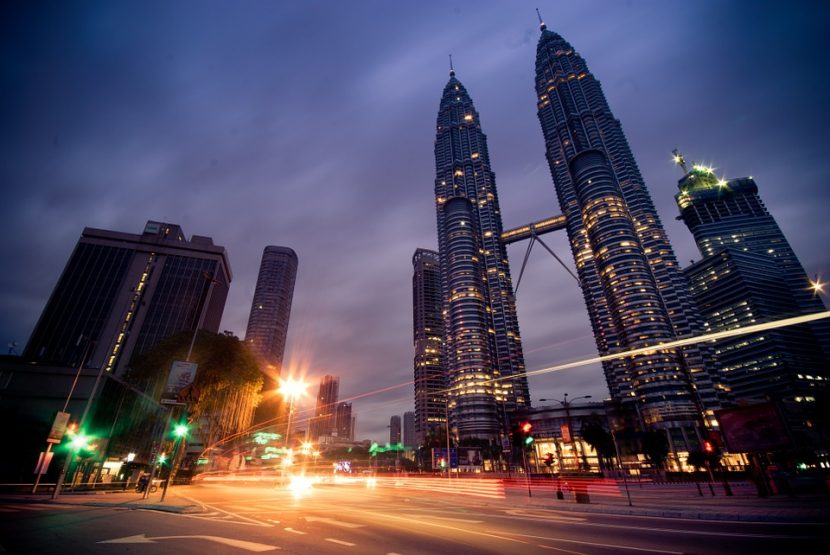EDGEPROP. 7TH JUNE: Home Minister Datuk Seri Saifuddin Nasution Ismail said despite a decline in the number of applications and approvals, the financial value recorded for the one year period was nearly RM1 billion, which is equivalent to the value recorded in five years from 2015 to 2019.
The government’s move to tighten the conditions for the Malaysia My Second Home (MM2H) programme last year has not only curbed spying activities, but also increased the country’s monetary value compared to the previous five years, the Dewan Rakyat was told on Wednesday (June 7).
Home Minister Datuk Seri Saifuddin Nasution Ismail (pictured) said despite a decline in the number of applications and approvals, the financial value recorded for the one year period was nearly RM1 billion, which is equivalent to the value recorded in five years from 2015 to 2019.
“…in 2019, prior to the Covid-19 pandemic, there were 3,900 applicants, but with the new conditions, the number of applications is approximately 2,000, which is a 50% decrease.
“However, because we have tightened the application requirements such as a RM1 million in fixed deposit, there are currently 375 applications that have been approved, which means that there is RM375 million in the country’s money market.
“Apart from that, we have given another 800 applications pre-approval, which requires them to complete one or two more documents including a health screening and once approved, there will be RM800 million in our banking system,” he said during the question and answer session.
He said this in reply to a question from Datuk Seri Hasni Mohammad (BN-Simpang Renggam) about the rationale for the latest changes made to the MM2H programme.
Saifuddin Nasution said that in addition to having RM1 million in a fixed deposit, MM2H programme applicants must also have RM1.5 million in liquid assets.
“Participants must also undergo and pass security vetting. Previously, some of them were found to have been involved in spying activities. That’s why we need to tighten the conditions,” he said.
According to him, the government’s move to change the relevant conditions, coupled with the current country’s political stability and the ability of the people to speak multiple languages, have also attracted retirees from countries such as Japan, South Korea, the US, Canada and Australia to participate in the programme.


